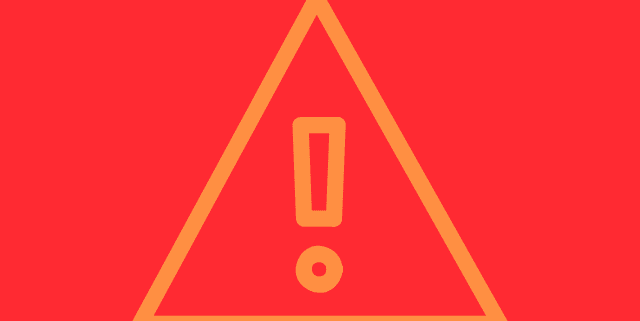Google’s John Mueller Says Any Amount Of Adult Content Can Get You Cut From Search
In a recent live stream, Google’s John Mueller told SEO experts that any amount of adult content on your site can get your site filtered from search results and may make you ineligible to appear in rich results.
The topic popped up in a Google Search Central SEO office-hours stream on December 11.
Specifically, the question focused on whether any structured data markup is allowed on adult websites. However, this spun out into a wider conversation about how Google’s search engine algorithms handle adult content across a variety of types of sites.
Adult Sites Not Eligible For Rich Search Results
Unsurprisingly, Google does not serve rich results for adult websites. Not only would including these types of rich results potentially expose young or vulnerable individuals to inappropriate content, it would create significant moderation issues to ensure all content was vetted and legal across a huge range of laws addressing adult content worldwide.
As Mueller explains:
“I think in our rich results guidelines we say none of [the rich result types] are useful for adult websites. But I haven’t checked recently.
I don’t know if anything has changed there but, at least as far as I know, the types of rich results that I’m aware of are explicitly not meant for adult content websites.”
He goes on to say that there are no penalties for using the rich snippet markup on your site, even if you have adult content:
“I don’t think there’s any kind of manual action or webspam action that takes place in something like that.
It’s more that our systems recognize: oh this is an adult website, and it wants to show these rich results types, but since it’s an adult website we just won’t show them. So it’s not like it will be demoted or anything.”
Of course, the line of what defines an “adult website” can sometimes be a little hard to determine. Some websites may be largely family friendly but have a specific section dedicated to adult topics. Others may have perfectly legitimate reasons to discuss adult topics or share content including adult themes or images without necessarily being an “adult website.”
How does Google handle these?
How Google Search Handles Sites With Adult Content
It makes perfect sense for Google to prevent explicitly adult websites from appearing in some search results or features like rich results. When things are less clear, Google ultimately defers to its SafeSearch filters.
As Mueller says, any content that doesn’t pass Google’s SafeSearch filters will be ineligible for rich snippets and face other limitations. If the majority of content on a site does not pass these filters, Google will then play it safe and block all content from that domain.
“With a lot of the safe search filters we try to apply them to a broader URL pattern on a website. So if we see that a whole domain is adult content for the most part, and you have some small part that is not adult, then probably we would filter the whole domain. We want to stay on the safe side there.
If you have individual subdomains, where some are adult and some of them are not, that makes it a little bit easier. If you have separate domains then obviously that makes it a lot easier for us to understand that these are completely separate websites that should be treated differently.”
This also works inversely, with predominantly family friendly websites subject to being filtered for any adult content:
“It also happens the other way around where some sites might have classified sections which are for adults, and then if that section is embedded within the main website in a way that is hard to separate out, then we might say well we don’t know how much of this site should be filtered by safe search.
Maybe we’ll filter too much, maybe we won’t filter enough. On the other hand if you move that to a subdomain then it’s a lot easier to say oh this subdomain should be treated like this, and the other subdomain should be treated differently.”
Ultimately, the vast majority of business websites are safe from ever dealing with these limitations. However, if you have a section of your site dedicated to anything from alcohol to adult wellness, you may assess how this could be impacting your website – and your brand’s online presence – as a whole.
To hear Mueller’s full response, check out the video below:







Leave a Reply
Want to join the discussion?Feel free to contribute!